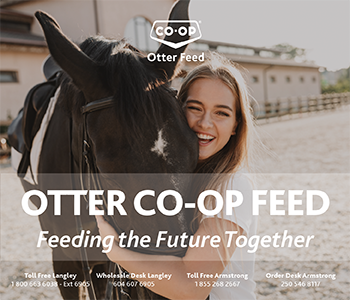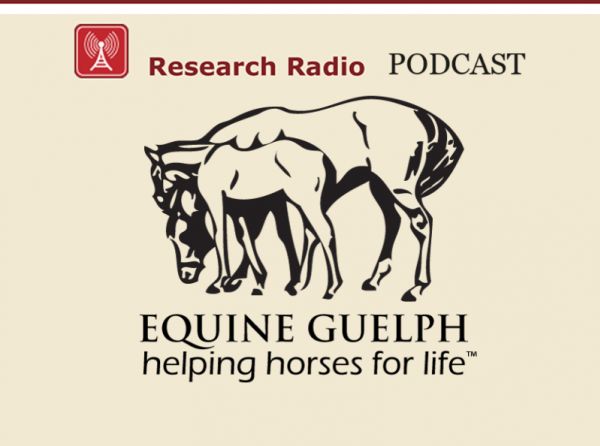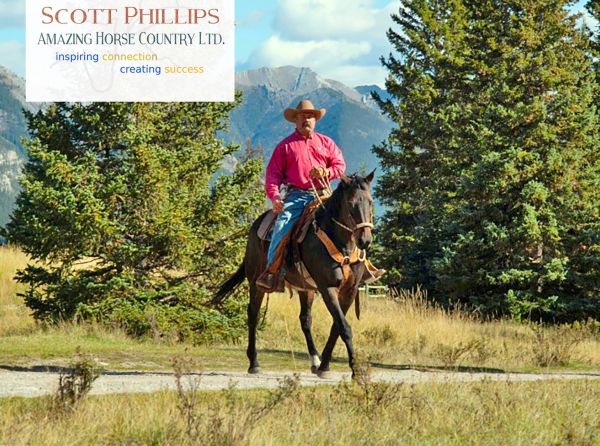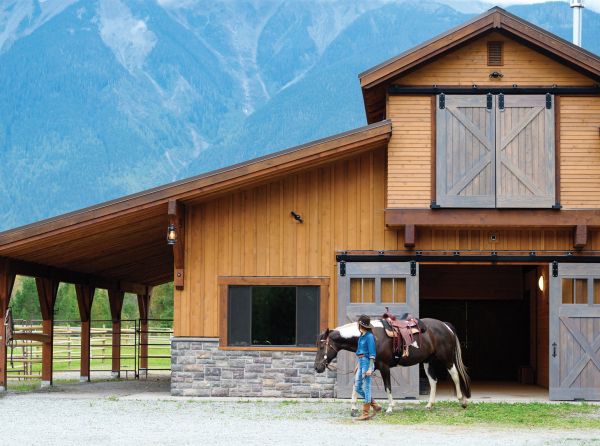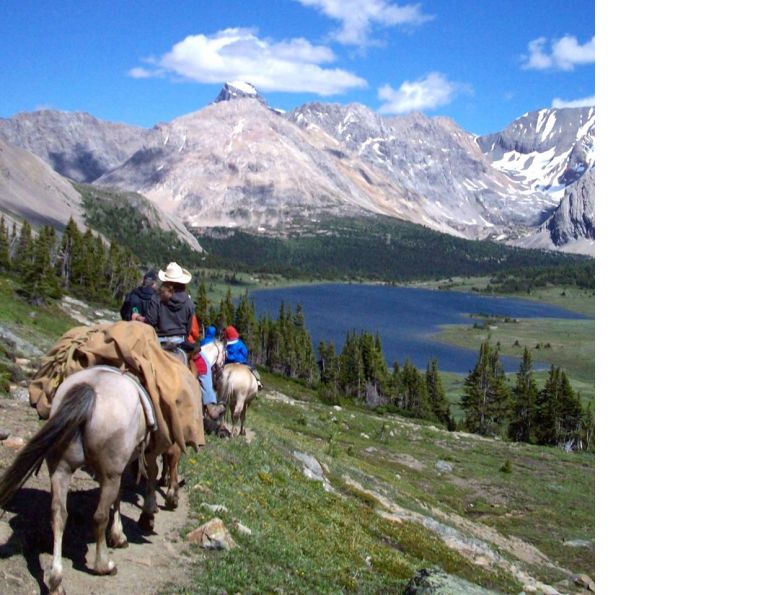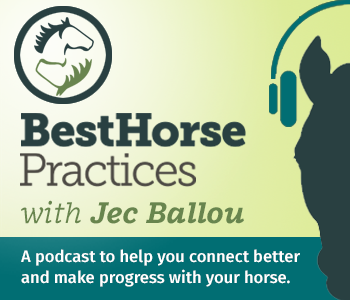Sponsored
Source: Acera Insurance
In 2021, new coaching credential requirements were introduced from Equestrian Canada (EC) in the form of a Coach Status Program. As equestrian coaches across Canada grapple with the requirements, it’s worth considering how this all came about, and why.
Over the past 30 years, our collective understanding of the potential for injury and death in equestrian sport has increased, along with our aversion to risk. Studies have confirmed that some of the highest rates of concussion in amateur sport involve horseback riders. As a result, helmet technology has evolved, and collapsible jumps are the norm. The #MeToo movement and court cases brought against sexually abusive coaches highlighted the need to prevent maltreatment such as physical, sexual, and psychological abuse in sport. Subsequently, SafeSport training was created.
But what about equestrian coaching activities and certification? How have they evolved with the times?
Mike King explains. He’s a partner at Acera Insurance and their National Manager of Equine Programs, and has been discussing insurance and risk-reducing tactics with horse industry clients across Canada for nearly 30 years.
King says that the Federal Minister responsible for Sport in Canada has become increasingly impatient with sports leaders who have not taken steps to address the potential maltreatment of athletes in their sports. In response, EC, the national sport organization for the horse industry, identified a number of issues within its existing coach certification framework and committed to updating its programming. In doing so, EC decided that a credentialing system — the Coach Status Program — would be the most effective way to address the issues identified.
Equestrian coach certification has been available for many different disciplines for years. But the EC Coach Status Program is not discipline-specific; it addresses general coaching requirements for all equestrian coaches and is comparable to the coaching requirements for other amateur sports across the country. So, the EC Coach Status Program fulfills the mandate laid out by the Minister of Sport with regards to coaching, but more importantly, confirms to equestrian sport participants that EC Coaches have completed standardized training in first aid, concussion awareness, understanding of maltreatment in sport, and the importance of insurance.
King says, “Coaches and trainers are the most important people in any sport. They are the touch point. The coach/trainer environment is where Mom brings her 12-year-old for their first riding lesson, where an adult comes back to the sport, and where athletes learn the skills necessary to compete. It is the coach/trainer who makes the difference between a good or bad experience — with lasting consequences.”
“I think consumers are more savvy than we give them credit for,” King explains. “When they ask questions about the credentials of a riding coach, the response now needs to be more than I’ve been doing this for 30 years. Doing it for 30 years and being certified, credentialed, engaged in the profession, and committed to continuous education is the right answer. And it’s those attributes that will help to sustain and elevate the sport.”
Ultimately, King states, “As insurers, we have always recognized the value of formalized training and credentials from a risk assessment and management perspective. The Coach Status Program is about elevating the [coaching] profession and embracing professional development and lifelong learning as a part of the sport.”
Horse sport is an industry that generates billions of dollars of economic activity for the country and employs tens of thousands of people. King says, “We are in a high-risk sport, and nothing is more important to the long-term viability of our (horse) community than the well-being of human and equine participants.”
Hopefully, equestrians of all disciplines will recognize the value of a standardized coaching credential, just as every other Canadian amateur sport has, and EC’s Coach Licence — or a version of it — will become integral to Canada’s modern horse industry.
Acera Insurance. Same great people, stronger than ever.
Photo: Shutterstock/Cynoclub







